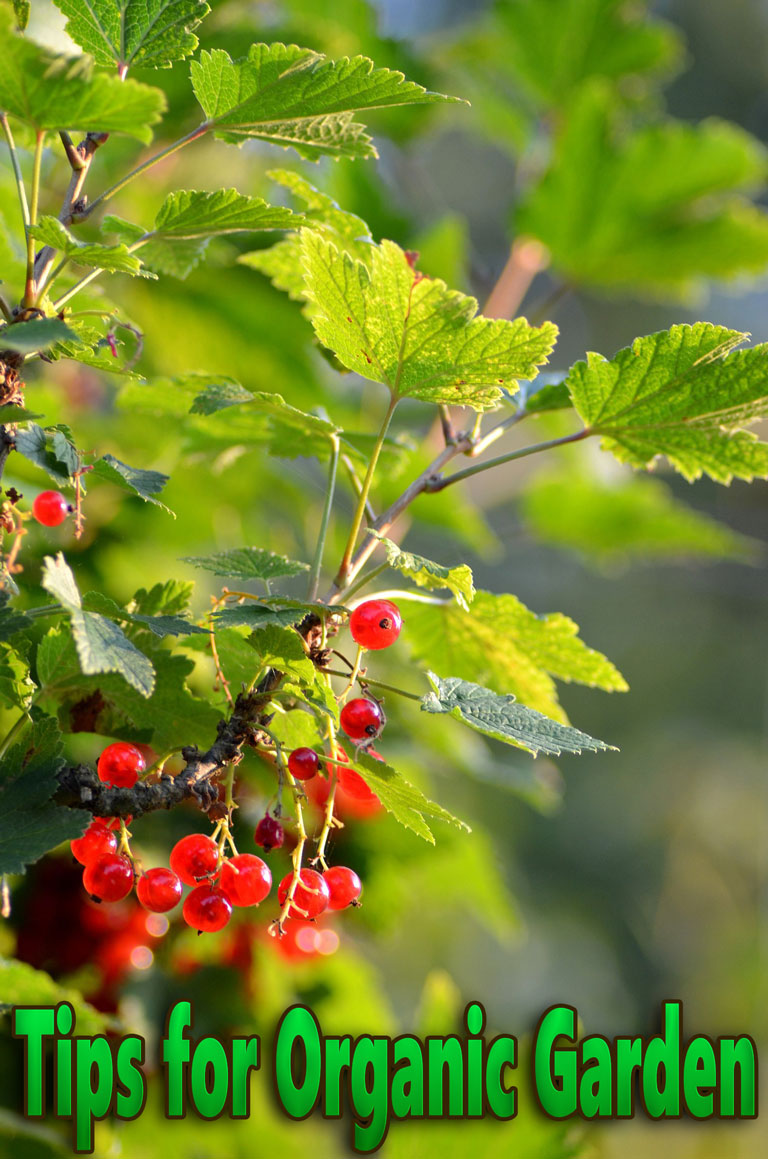
7 Tips for Starting Your Own Organic Garden
Many readers have expressed interest in creating their own organic garden in their own backyard. As a result, I wanted to share a few tips for starting a backyard garden that is organic, sustainable and earth-friendly.
There are numerous benefits to planting your own organic garden at home. It enables you to eat the freshest fruits, herbs and vegetable. At the same time, you act to help reduce the amount of pesticides and toxins in the environment. As organic produce can be costly in the supermarket, growing your own delicious organic produce at home can also save money.
1. Plan
Plan your garden before planting your crops, it’ll help you reap the best harvest possible. Make a decision on what fruits, herbs and vegetables grow best in your area and find local sources that sell organic seeds.
Decide how much space you can use for your garden and what the budget will be. For smaller yards, a container garden works well. You can also make a small herb garden with pots and boxes. By planning you can coordinate what plants grow in the spring, fall, winter and summer to create a year long harvest.
2. Less is More
It may seem like a good idea to plant every edible plant that you love to eat… but it may be better to start with a small, manageable garden in the beginning. If you plant too many of one plant, you may find yourself selling tomato sauce to all of your neighbors this summer. Start small and expand each season.
Experiment with various plants and find what grows best. City dwellers can easily create a small rooftop or balcony garden consisting of pots and raised beds. You can also grow indoors or in a greenhouse during the winter months. For indoor growing I use the aero garden which works pretty well.
3. Choose Productive Plants
Choose plants that grow well in your climate and geography. Think locally. Some plants may grow well but have different economics.
4. Share and Barter
If you buy a large packet of seeds and have extras, share with your friends and neighbors. You can also do the same with gardening equipment. By planning and sharing, you can reduce the costs of buying heavy equipment on your own, a process that helps keep overall costs down.
5. Go Organic With Your supplies
Organic seeds can be bought locally or by mail order. Do not use chemical pesticides, herbicides, or any other synthetic chemicals.
There are many natural products for treating weeds, diseases, pests, and soil issues. These natural products are much safer and better for the environment.
Be sure your planting area will not be contaminated with lawn fertilizer or other chemicals. Try to find organic soil and compost or make your own compost by recycling your food waste.
6. Complement Your Plants
Research traditional methods of natural gardening to grow plants that complement one another such as permaculture. Beans and squash grow well together, so do potatoes and corn. Complementary growing helps soil nutrients and overall plant success.
7. Have Fun!
Gardening can be an incredibly grounding family affair. Remember, no garden is perfect. Choose some of your favorite plants and enjoy watching their process of growth.

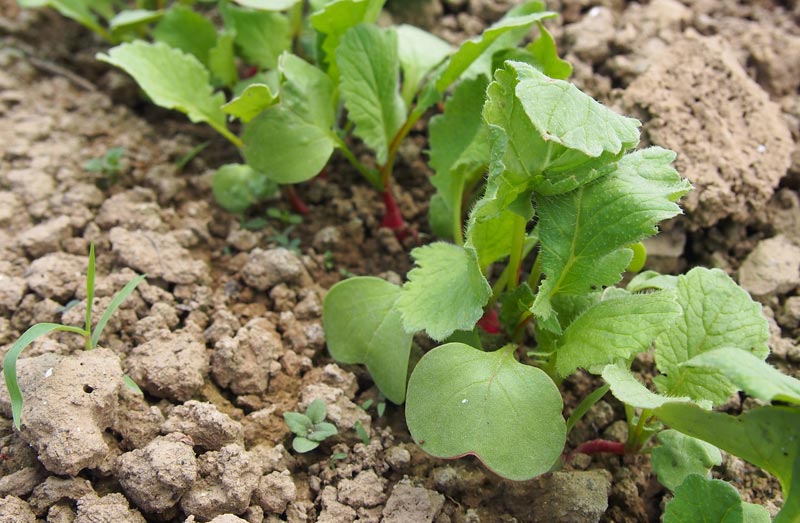
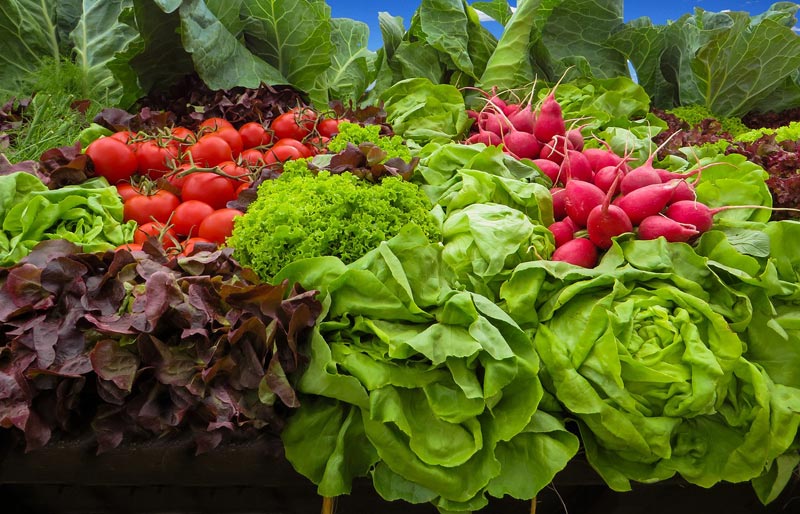
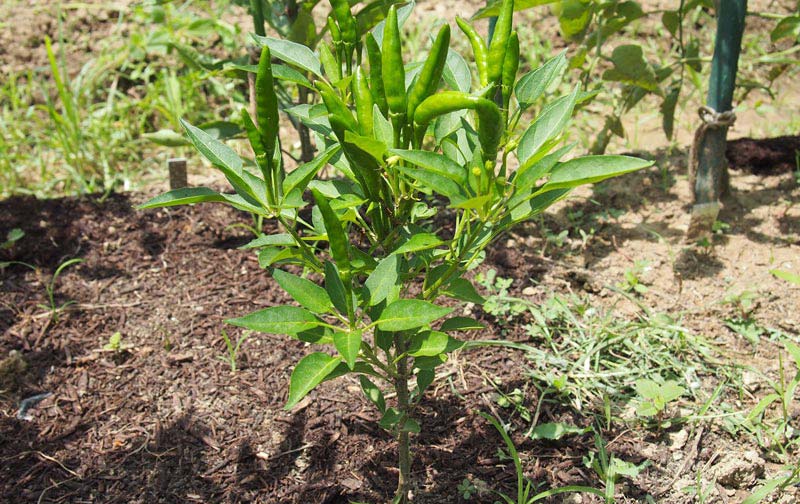
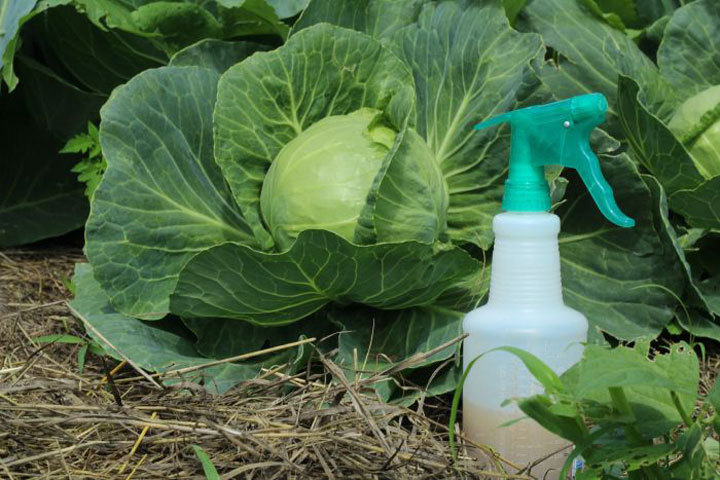
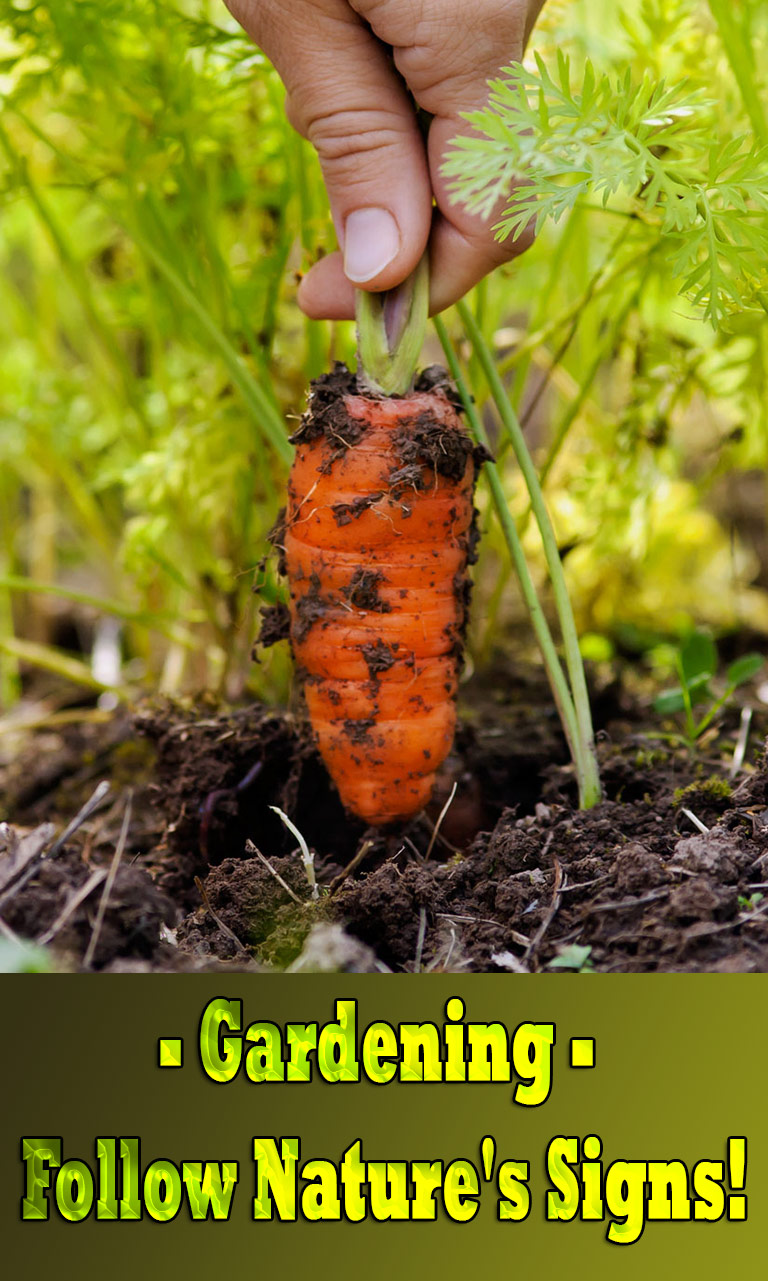
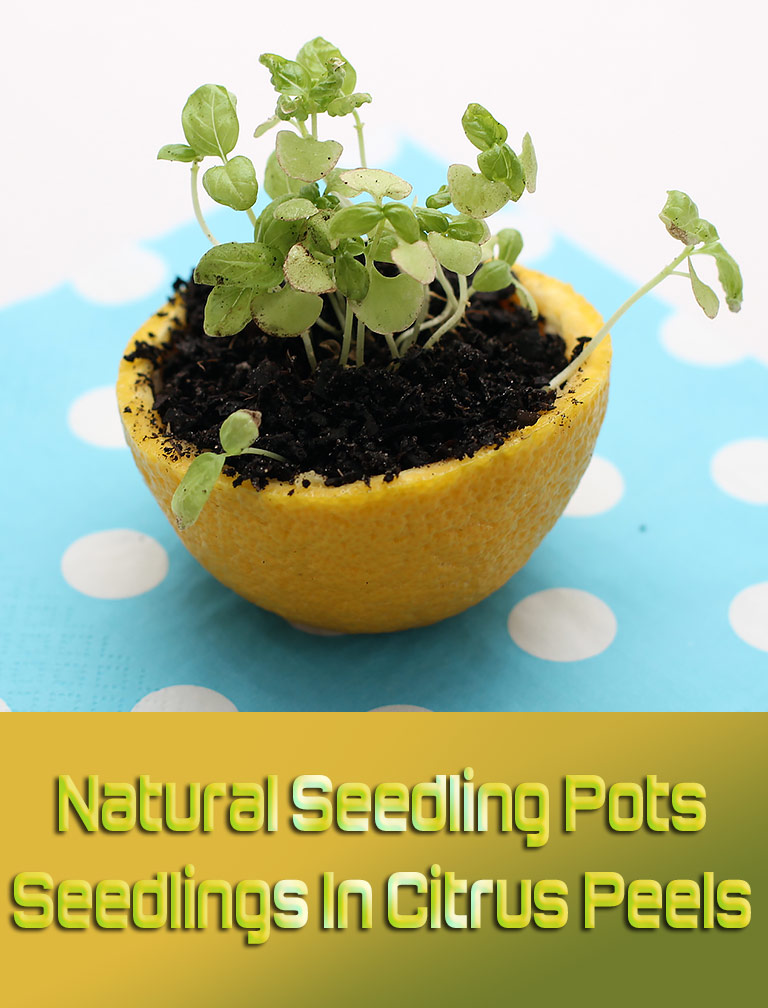
Leave a Reply